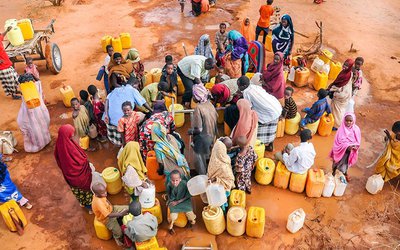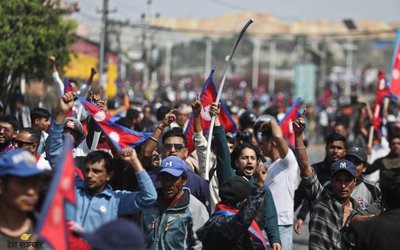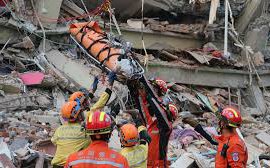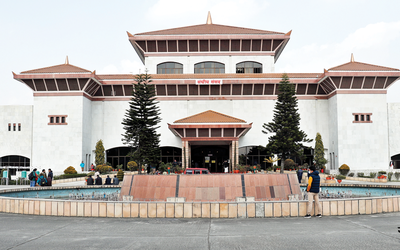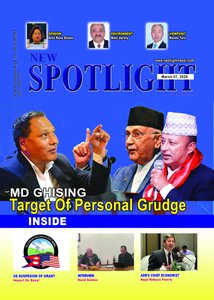Elections are important to democracies. However, we have to be mindful that elections can create or exacerbate conflicts or violence. Thus electoral violence is present on the surface or under-ground in different contexts.
Violence is one of the greatest threats to free and fair elections, and the risk of violence is present in nearly every election in the form of physical violence, intimidation and harassment. This is more serious in emerging democracies with weak political governance.
Violence may take place before, during and after elections. Nepal has witnessed electoral violence over the past two decades despite election codes of conduct, and security arrangements. A number of studies have shown that most violence occurs before the elections.
We need to distinguish between violence aimed at disrupting electoral process by groups or political parties who do not want the elections to take place, and violence triggered by the rivalry between the contesting candidates or political parties.
We must realize the fact that preventing electoral violence goes beyond the organization of free and fair elections. While the election codes of conduct and civic education can somewhat address the latter type of electoral violence, it requires greater analysis of and response for structural drivers of electoral violence of the former type. This is typically a serious case for Nepal, divided by caste, class, ethnicities and geographies, where socio-economic inequalities have caused violent conflicts in the past.
Analyzing, causes of electoral violence, it is seen as a sub-set of political violence with a coercive and deliberate strategy used by groups or political parties to advance their interest in the face of an uncertain election outcome.
The recent violence in Saptari should not be repeated and the local elections should not be stopped under any pretext. The government should carry out free and fair investigation into the Saptari incident, and take immediate action.
Based on the experiences from emerging democracies, some of the suggestions for Nepal in the context of forthcoming elections are:
- Strengthen election as a process and establish conflict-mitigating measures in the electoral process beyond codes of conduct.
- Carry out the groundwork for preventing violence in the risk areas and implement conflict prevention policies and strategies in advance, as opposed to reactionary measures.
- Encourage collaboration between security forces, political parties, youth groups, and peace and human rights workers.
- Train security forces in the electoral laws, process and the codes of conduct.
- Take action against violence makers, whoever be, and avoid culture of impunity.
- Establish transparent mechanism through codes of conduct for political party financing and election expenditure.
- Provide immediate material, physical and psychological support to the victims affected by electoral violence.
- Improve livelihoods of common citizens and employment for youths.
The current trend in the Terai poses a threat not only to the forthcoming local elections, but also to a larger peace and security in the country. We need a system in place to monitor, prevent, mitigate and manage electoral violence throughout the electoral cycle considering the above suggestions. The political parties should take a back step, and critically reflect on their conducts and reform themselves to address electoral violence.
Dr. Manandhar is an expert of international development. Currently, he is working as Country Director of The Lutheran World Federation. He is the Chair of the Association of International NGOs in Nepal (AIN). He is also a visiting faculty at the Kathmandu University. He can be reached at prabin.manandhar11@gmail.com
- From Nepal to Myanmar: Navigating Earthquake Response Lessons
- Apr 13, 2025
- World Humanitarian Day 2024: Committing to Peace and Accountability
- Aug 19, 2024
- Nepal Investment Summit: Unlocking Economic Potentials For Growth And Development
- Apr 28, 2024
- Investing In Women: Accelerating Progress
- Mar 10, 2024
- Embracing The 'Empty Chair: Advancing Global Inclusivity And Equitable Development
- Dec 29, 2023

